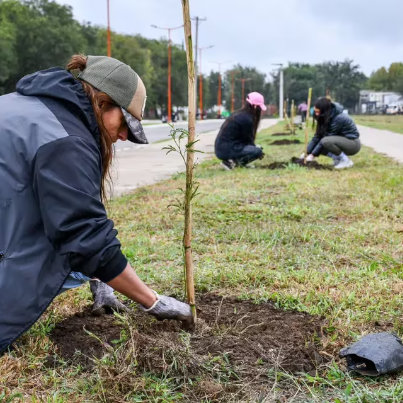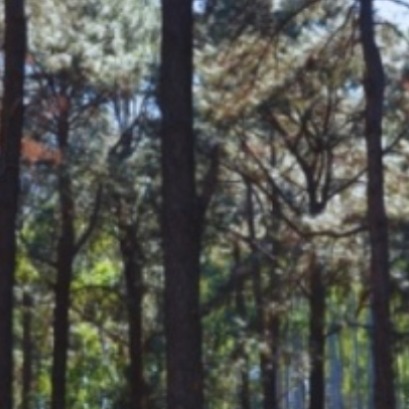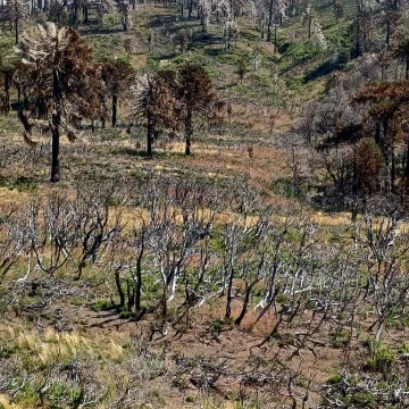
Se realizo una forestacion de 1.000 arboles autoctonos en Santa Maria de Punilla
El Ministerio de Ambiente y Economia Circular llevo a cabo una forestacion de 1.000 arboles en la localidad de Santa Maria de Punilla, como parte de las acciones de compensacion en el marco del Festival Cosquin Rock.
A traves del programa Mas Flora Cordobesa,
se plantaron especies autoctonas de arboles y plantas como algarrobos,
espinillo, cina cina y tala, con el objetivo de fortalecer la biodiversidad en
las cercanias al predio, otorgando densidad y variedad a la flora nativa.
La ministra Victoria Flores participo del
encuentro, junto a Jose Palazzo y parte del equipo de la cartera ambiental.
Cabe recordar que el ministerio de Ambiente
y Economia Circular coordino diferentes estrategias junto al equipo de
organizacion del Festival y al ministerio de Infraestructura y Servicios
Publicos, para convertir al Cosquin Rock en un evento sustentable.
Entre las principales acciones, se
encuentra el convenio que firmo entre la Provincia, el municipio de Santa Maria
de Punilla y la empresa Helios Energia Limpia, para gestionar los residuos
organicos que se generen durante el festival.
A partir de esto, todos los desechos fueron
trasladados a establecimientos que los convirtieron en biogas, energia
electrica y biofertilizante. El traslado se realizo utilizando camiones con
100% de biocombustible.
Ademas, el equipo tecnico de la cartera
ambiental estuvo presente en el espacio âEcosquinâ, con actividades de
promocion ambiental, productos de la economia circular, juegos.

IT MAY INTEREST YOU
 Missions | New illegal felling in the Piñalito Provincial Park in San Pedro reveals the silent expansion of deforestation in protected areas
Missions | New illegal felling in the Piñalito Provincial Park in San Pedro reveals the silent expansion of deforestation in protected areas
The advance of deforestation on protected areas was once again evident this week in the Piñalito Sur Provincial Park, in San Pedro, where the Ministry of Ecology and Renewable Natural Resources confirmed a new case of selective illegal logging. The event occurs in a context of growing concern about the fragility of the environmental control system in rural and border areas, where the scarcity of resources, personnel and logistics limits the capacity of surveillance against criminal organizations organized to steal native woods and market them on the black market in connivance with sawmill owners.
 They promote research in pine resins from the NEA
They promote research in pine resins from the NEA
The forestry industry is one of the most important sectors in the economies of Misiones and Corrientes. Thousands of hectares of pine supply the paper, pulp, boards and sawmill industry. Pinus elliottii, one of the species established in the region, in addition to providing wood, is used to produce resin, a non-wood forest product with high demand in the chemical, pharmaceutical and cosmetic industries. In 2\024, resin extraction of approximately 52,6\0\0 tons was achieved from approximately 18,\0\0\0,\0\0\0 trees in production, generating income and jobs with high expansion potential.
 Specialists from 10 provinces develop forest landscape restoration strategies throughout the country
Specialists from 10 provinces develop forest landscape restoration strategies throughout the country
The program is developed by researchers from INTA, Conicet and the Argentine Wildlife Foundation.





















